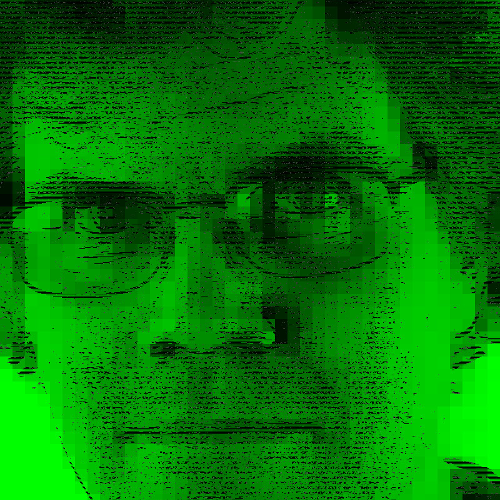Fascist Franco led mercenaries against the recently-risen government. This was before World War II, before most of the world had figured out how bad Fascism was. But this war gave some hints. Hitler and Mussolini helped Franco out. The people of Spain were brave, and brave foreigners like the Lincoln Brigade came to help—but that bravery wasn't much help against Hitler's new bomber planes. This war gave Hitler a chance to try those planes out and confirm that they could make a big difference in a war. They bombed Guernica, a name you might recognize from that Picasso mural.
This book also has the story of Picasso living outside of Spain and planning that mural. He agonizes over it. But I didn't really feel sorry for him. He was having a rough time, but compared to the folks fighting back home in Spain, he had it pretty easy. You want to tell Picasso, "Stop feeling sorry for yourself, think of those folks from the previous chapter."
There are doctors trying out new battlefield medicine. People were figuring out blood transfusions, how to do them at field hospitals. How to set up a field hospital at some town who normally has a small population, but finds itself hosting many many dying and injured soldiers.
And there are writers. Orwell, Hemingway… Folks you've heard of, folks you haven't. They were brave and they struggled and they lost. We talk about how we beat the Fascists in World War II, but Franco ruled Spain until the 1970s, so we can't say we batted a thousand against Fascism. It's hard to read about brave people losing a war, but it's probably good to remember it happens.
